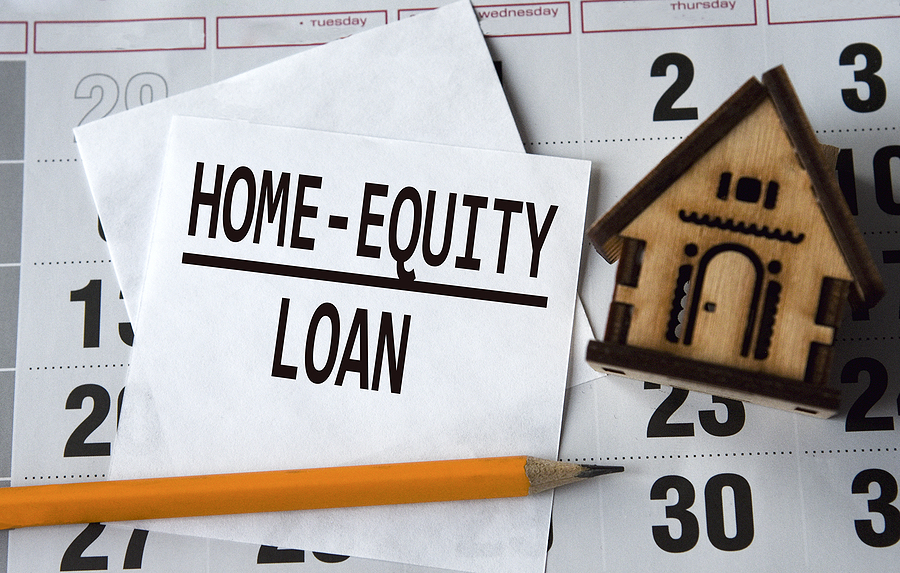There are many benefits to owning a home, including the ability to tap into its equity.
A home equity loan is a type of loan that allows you to borrow money using the equity in your home as collateral.
Equity is defined as the difference between the value of your home and the amount you owe on your mortgage. For example, if your home is worth $300,000 and you owe $100,000 on your mortgage, you have $200,000 in equity.
Home equity loans are typically offered as fixed-rate loans, which means that the interest rate and monthly payment remain the same throughout the loan term. They are generally used to fund large, one-time expenses, such as home renovations, consolidating debt, a wedding, or paying for educational expenses.
One advantage of a home equity loan is that it can offer a lower interest rate than other types of loans, such as personal loans or credit cards. This is because the lender is taking on less risk, as the loan is secured by the equity in your home (making it a secured loan). Additionally, the interest you pay on a home equity loan may be tax-deductible, which can further reduce the overall cost of borrowing.
To qualify for a home equity loan, you will typically need to have a good credit score and a sufficient amount of equity in your home. The lender will also consider your income, debt-to-income ratio, and credit history when determining your eligibility for a loan.
To apply for a home equity loan, you will need to provide the lender with a variety of documents, such as proof of income, proof of employment, and a credit report. You may also need to have a home appraisal conducted to determine the current value of your home. So, don’t wait until the last minute to apply. Give yourself plenty of lead time.
Once you have been approved for a home equity loan, the lender will provide you with a loan agreement that outlines the terms of the loan, including the interest rate, repayment terms, and any fees or charges.
Note: It’s important to carefully review this agreement before signing it to make sure you understand all of the terms and conditions of the loan.
One potential downside of a home equity loan is that you are putting your home at risk if you default on the loan. If you are unable to make your monthly payments, the lender may foreclose on your home and sell it to recover the money you owe. Therefore, it’s important to carefully consider your ability to make monthly payments before taking out a home equity loan.
A home equity loan isn’t always the answer to your money questions, but it’s a financial tool to consider. Contact your bank or credit union to learn more about the application process.

